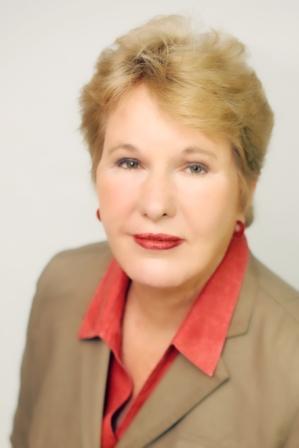 🖨️ Print post
🖨️ Print post
Some of us eat low-fat diets. Others eat high-protein/low-carb. But very few of us eat high-fat diets. All of the healthy people groups that Dr. Weston A. Price studied ate diets higher in fat than those we eat today. This is one reason that in today’s conversation, Sally Fallon Morell, the head of the Weston A. Price Foundation, suggests that we all could benefit from upping our fat intake.
More fat in our diet? Why? And how much should we be eating? What is a healthy fat, anyway? And are animal fats even necessary? Sally meticulously answers all of these questions and more, as she dives into Principle #7 of the Wise Traditions diet.
She explains in detail the role of fats in biochemical body processes and the role fat played in traditional diets. She makes a compelling case for animal fats, in particular, since the body requires arachidonic acid to function properly and this omega-6 fatty acid is found only in animal fats.
After listening to this episode, you will be prepared to challenge the diet dictocrats, and you will probably also be craving a hearty serving of butter, which you may enjoy guilt-free.
Notes
In this episode of Wise Traditions, we speak with Sally Fallon Morell, the President of the Weston A. Price Foundation and a staunch advocate of animal fats. Sally discusses “Principal #7” of the Wise Traditions diet, which covers all things related to fat. In a time of information overload regarding nutrition, much of what we hear in the media is misleading. This leaves us with questions like: How much fat should we be eating? What is a healthy fat? Are animal fats even necessary?
Sally meticulously answers the above questions and makes a compelling case for why we should increase our animal fat consumption. Sally describes the differences between saturated, monounsaturated, and polyunsaturated fats. She also makes an important distinction between fish oil and cod liver oil.
In addition to providing us with a lesson on the role of fats in biochemical processes, Sally also discusses the role that fat has played in traditional diets. While the amount of fat consumed varied greatly, all of the healthy groups that Dr. Price studied valued certain nutrient-dense animal foods and none of them were vegetarians.
This episode highlights:
- that 30-80% of the calories of traditional diets were from fats
- why no traditional diet is high in polyunsaturated fats
- the mixed messages we receive about the diets of the Eskimos
- the risks of consuming too many Omega-3 and Omega-6 essential fatty acids
- the foods included in the diets of African agriculturists that allow them to thrive on a lower-fat diet
- a major disconnect in the dietary guidelines, and how it can lead to malnutrition
- the importance of fat soluble activators, Vitamins A, D, and K
- why the combination of fats found in butter make it a perfect fat
- how much protein we really need (and why Sally’s blood boils when talking about skinless chicken breasts)
- the importance of arachidonic acid which is found uniquely in animal fats
- the need for saturated fats in warm, tropical environments
- Sally’s advice for digesting fats and healing your thyroid gland
Resources:
Link to Chris Masterjohn’s articles from the WAPF site: “Precious yet Perilous” and “Activator X”
Nourishingtraditions.com – Sally’s blog
🖨️ Print post

Leave a Reply